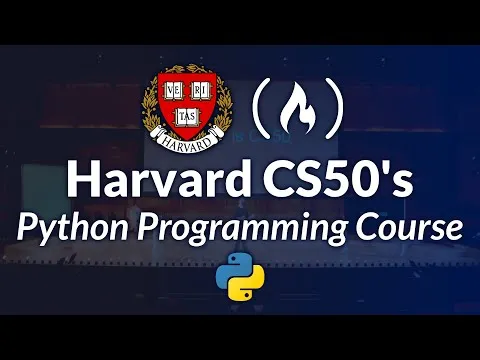
Java Programming: Principles of Software Design 
Learn how to design and develop software solutions with Java! This course will teach you the principles of software design and how to apply them to create programs that solve real-world problems. You'll gain an understanding of object-oriented concepts, and learn how to use sorting, timing data, and multiple classes to create efficient and effective solutions. By the end of the course, you'll have written a program that analyzes and sorts earthquake data, and developed a predictive text generator. Enroll now and become a software engineer! ▼
ADVERTISEMENT
Course Feature
![]() Cost:
Cost:
Free
![]() Provider:
Provider:
Coursera
![]() Certificate:
Certificate:
Paid Certification
![]() Language:
Language:
English
![]() Start Date:
Start Date:
10th Jul, 2023
Course Overview
❗The content presented here is sourced directly from Coursera platform. For comprehensive course details, including enrollment information, simply click on the 'Go to class' link on our website.
Updated in [June 30th, 2023]
This course, Java Programming: Principles of Software Design, provides students with the opportunity to learn how to solve real world problems with Java using multiple classes. Students will learn how to create programming solutions that scale using Java interfaces and understand that software engineering is more than writing code - it also involves logical thinking and design. By the end of this course, students will have written a program that analyzes and sorts earthquake data, and developed a predictive text generator.
Upon completion of this course, students will be able to use sorting appropriately in solving problems, develop classes that implement the Comparable interface, use timing data to analyze empirical performance, break problems into multiple classes, each with their own methods, determine if a class from the Java API can be used in solving a particular problem, implement programming solutions using multiple approaches and recognize tradeoffs, use object-oriented concepts including interfaces and abstract classes when developing programs, appropriately hide implementation decisions so they are not visible in public methods, recognize the limitations of algorithms and Java programs in solving problems, and recognize standard Java classes and idioms including exception-handling, static methods, java.net, and java.io packages.
[Applications]
The application of this course can be seen in the development of software solutions that require the use of multiple classes, sorting algorithms, and object-oriented concepts. It can also be used to develop predictive text generators, analyze and sort earthquake data, and create programs that use timing data to analyze empirical performance. Additionally, this course can be used to understand the limitations of algorithms and Java programs in solving problems, as well as to recognize standard Java classes and idioms including exception-handling, static methods, java.net, and java.io packages.
[Career Paths]
One job position path that learners can pursue after completing this course is a Java Software Developer. As a Java Software Developer, you will be responsible for developing, testing, and maintaining software applications using the Java programming language. You will be expected to have a strong understanding of object-oriented programming principles, as well as the ability to design and implement efficient and secure software solutions. You will also need to be able to work with other developers and stakeholders to ensure that the software meets the needs of the business.
The development trend for Java Software Developers is to become more specialized in certain areas of software development. As the demand for software increases, developers are expected to become more knowledgeable in specific areas such as web development, mobile development, or artificial intelligence. Additionally, developers are expected to stay up-to-date with the latest technologies and trends in the software development industry.
[Education Paths]
The recommended educational path for learners after completing this course is to pursue a Bachelor's degree in Computer Science or Software Engineering. This degree will provide learners with a comprehensive understanding of software development, including the principles of software design, software engineering, and software architecture. Learners will gain knowledge in programming languages such as Java, C++, and Python, as well as database systems, operating systems, and computer networks. They will also learn about software development processes, software testing, and software project management.
The development trend of this degree is to focus on the application of software engineering principles to the development of software systems. This includes the use of modern software development tools and techniques, such as agile development, DevOps, and cloud computing. Learners will also gain an understanding of the ethical and legal implications of software development, as well as the importance of security and privacy. Additionally, learners will be able to apply their knowledge to the development of mobile applications, web applications, and artificial intelligence systems.
Course Provider

Provider Coursera's Stats at AZClass
Discussion and Reviews
0.0 (Based on 0 reviews)
Explore Similar Online Courses

Complete Filmmaker Guide: Become an Incredible Video Creator

Free Microsoft Word Tutorial - Microsoft Word 2019 Essentials

RDBMS PostgreSQL

Intro To PostgreSQL Databases With PgAdmin For Beginners

PostgreSQL: Client Applications

Mastering SQL using Postgresql

Database Design and Basic SQL in PostgreSQL

PostgreSQL: Advanced Queries

Spatial SQL with Postgres : A language for geographers

Learn SQL Using PostgreSQL: From Zero to Hero

PostgreSQL Essential Training


Start your review of Java Programming: Principles of Software Design